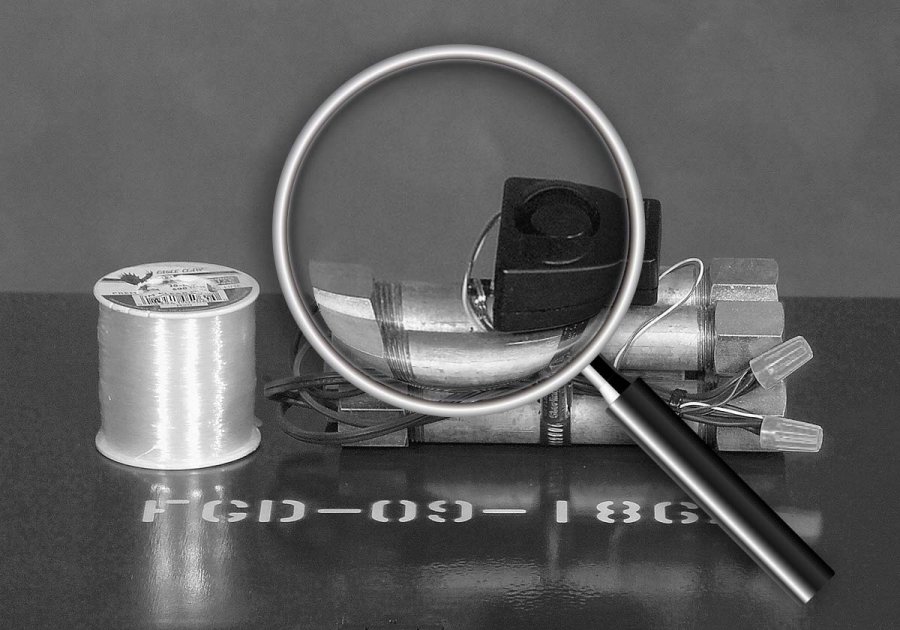If You’re Interested in Being a Private Eye: What you need to know to get into the business
Contrary to popular belief, my profession doesn’t involve double-crossing dames and car chases. Infact, you’ll probably spend more time writing reports and completing paperwork than following a Buick.
But that’s not to say being a private investigator isn’t both a rewarding and exciting profession.
Here are five things you need to know about being a private investigator
1. There is a lot of paperwork
Unglamorous but necessary.
Most investigators don’t enjoy filling out reports but it is an extremely vital part of private investigation. Every new recruit needs to have proficient skills in Excel and MS Word. Not only this, but you will be expected to write comprehensive and readable notes that can be delivered to clients.
We’re not saying you need to be Shakespeare, but if you don’t have these very basic skills when it comes to paperwork, you might want to consider another profession.
2. You must be 100% committed to your job
Goodbye social life.
Private Investigators finish late and start early. A surveillance job could break-open at any hour, including weekends and public holidays, which requires total commitment and dedication to your work.
Not only that, the more available a private investigator makes him/herself, then the more work they will get.
We have a saying: go hard, or go home.
3. You must complete the appropriate training
Do a course.
It’s very common for private investigators to come from police backgrounds but this type of experience isn’t always enough to adapt in this profession. In fact, sometimes the practices and methods many people have known and lived by will need to be completely re-learnt.
Much of the investigative work we conduct involves legal and insurance professions, which requires very specific skill sets. Because of this, all private investigators are required to undertake state-approved training courses.
4. If you don’t love it, don’t do it
You might have all the technical qualifications ticked off but if you don’t want this job, you might as well do something else.
In order to be successful, there are a vast array of skills you need to learn independently through experience, research and desire. No course can teach you the instincts required to make it as a private investigator.
Like anything in life, if you don’t want it, then you won’t get it.
5. Be sure you’re eligible
If you still want to apply for a private investigators license, then take some time to consider the requirements and disqualifications (which are very comprehensive).
For example, if you have a criminal record and were found guilty in the last 5 years of an offence including fraud, dishonesty, and possession of firearms then forget about it.
For a more detailed summary you can access all licensing requirements through this link:
For our full guide on becoming a private investigator in Australia, click here.

